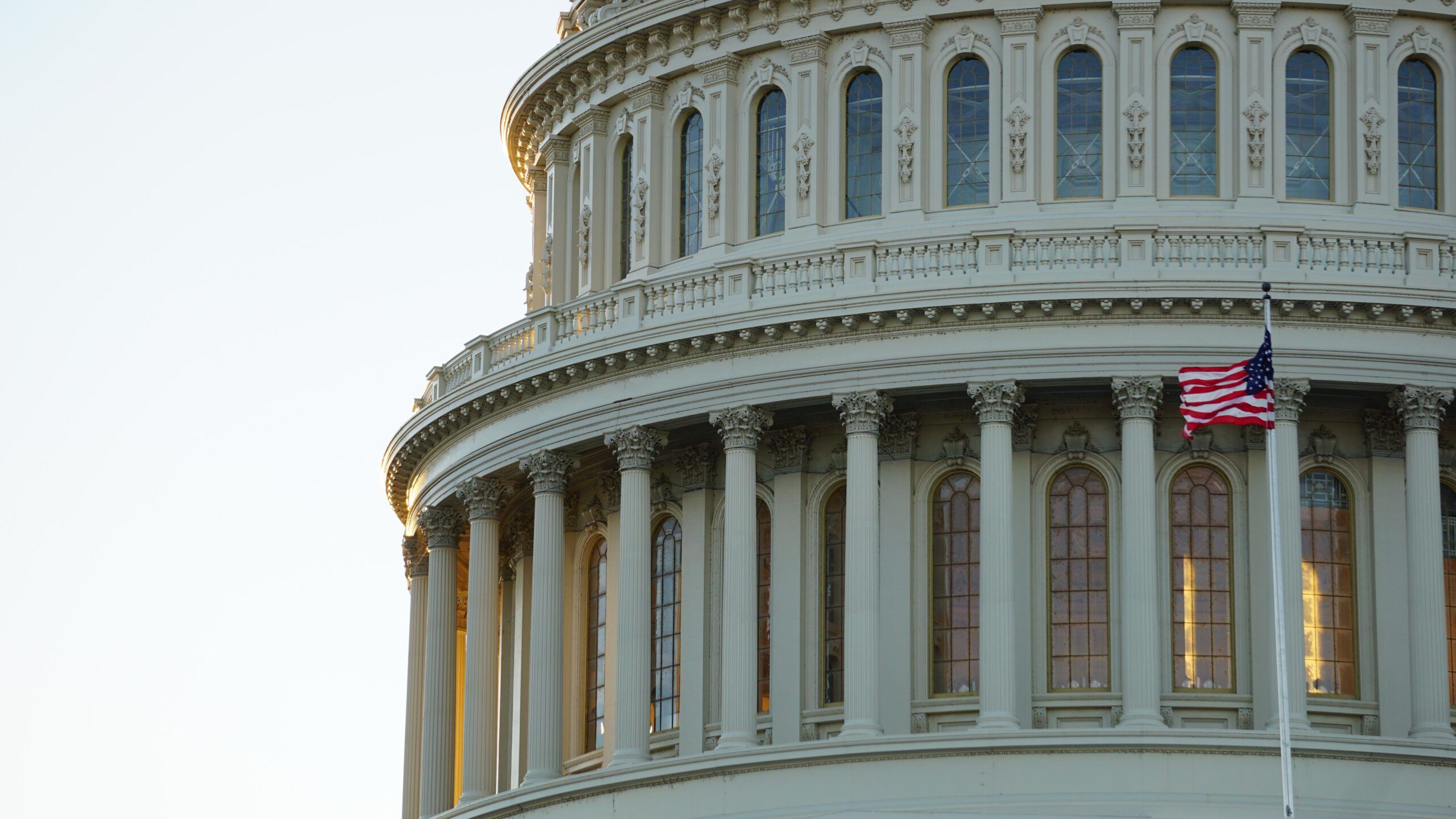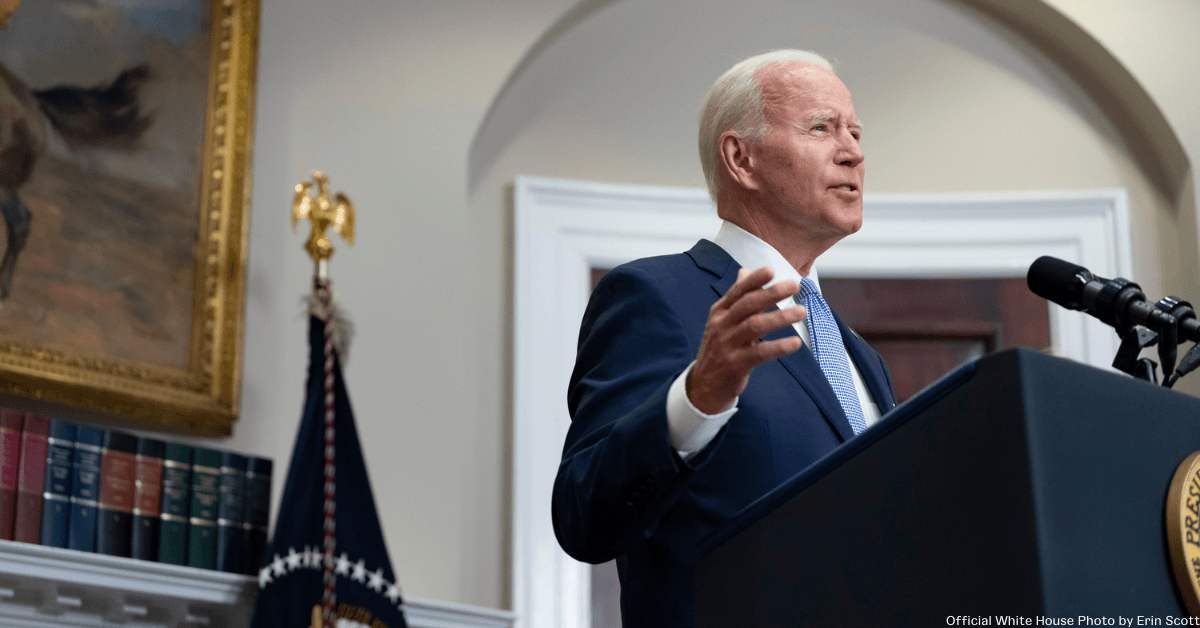KEY INSIGHTS
- Fifty-six percent of Americans believe there should be more tech regulation.
- Government agencies are actively working with the Biden administration to make tech-related pandemic relief policies.
- Agencies are preparing for the fiscal budgeting year by discussing areas for policy funds.
2021 has been a year of increased demand for technology adoption. Black Americans caught in the digital divide have fought for internet and electronic access as the pandemic surges on. Legislation for technological aid will carry over into next year, as legislators continue creating policy for 2022.
More tech regulations will greatly help Black Americans in tech protection and online platforms. And having more dedicated committees focused on AI equity and distribution.
According to a Pew Research report, 56 percent of Americans believe there should be more tech regulation and 68 percent believe that tech firms have too much power and influence.
As technology keeps advancing, regulations are still up in the air between the U.S. and state needs. According to a Marketplace Tech report, people agree that there should be regulation, but not on what it should entail. States like California, Virginia and Colorado have privacy protection laws in place, with more states moving in a similar direction.
The Advancing American AI Innovation Act has passed as part of the FY 2022 National Defense Authorization Act (NDAA), bipartisan legislation that creates a Department of Defense (DOD) pilot program establishing artificial intelligence (AI) data libraries relevant to developing AI intelligence software and technology. The act would ensure private companies have access to accurate data to better meet DoD needs.
The act is based on a National Security Commission on Artificial Intelligence (NSCAI) recommendation following a report that found skilled government technologists are constantly denied software engineering tools. The digital workforce needs enterprise-level software capabilities, software engineering tool access to software libraries and vetted open-source support, similar to those found in the private sector.
Some acts like the Safeguarding Against Fraud, Exploitation, Threats, Extremism and Consumer Harms (SAFE TECH) Act are restructuring Section 230, Title 47 of the United States Code enacted as part of the United States Communications Decency Act, for emerging technology. The SAFE TECH act helps people of online abuse and harassment get more assistance.
Virginia Senator Donald McEachin said the act will not restrict free speech, nor does it guarantee that platforms will be held liable in all cases. However, the act is a solution to long-standing practices of platform self-policing.
The U.S. is also incorporating more collaborations and bills to enhance online safety and other modern technological issues.
The Senate recently passed the Intelligence Authorization Act for Fiscal Year 2022 (IAA) where funding is provided and enhances congressional oversight for the U.S. Intelligence Community (IC). The bill will enhance IC’s abilities to detect and counter cyber threats, ransomware attacks and other emerging threats, including those from near-peer adversaries such as China and Russia.
Federal agencies are joining with other agencies in policy preparation. Last month, the Association of American Medical Colleges joined the Coalition for National Science Funding (CNSF) in writing letters to Congress and the Biden administration recommending funding and policy priorities for the National Science Foundation (NSF) in fiscal years (FYs) 2022 and 2023.
Members of the Office of Science and Technology Policy and the Office of Management and Budget later responded to President Biden’s letter with recommendations for the next fiscal year. The feedback focused on the need for investments in pandemic readiness and prevention, climate change and energy innovation, critical and emerging technologies, STEM education and other pressing issues.
Federal agencies will continue to adapt and advance to AI, according to a FedTech report. Gretchen Brainard, offering portfolio leader for government and public services customer and marketing at Deloitte, said maturation of use cases, interconnectedness in the DOD — led by the Joint Artificial Intelligence Center — and more focus on AI as a tool for transformation will take center stage in 2022.
Federal agencies are working with law agencies in tech policy creation. As State attorneys general (AGs) plan their policy and enforcement priorities for 2022, the primary goal is to protect consumers as technology advances. Most of these discussions occurred at the National Association of Attorneys General (NAAG)’s recent Capital Forum meeting in December 2021, where state and federal officials voiced deep concern about the increasing role artificial intelligence plays in scamming, fraud and price gouging, among other harmful business practices.
NAAG and the Biden administration plan to work together against anti-competitive threats through increased enforcement activity in the new year
Many organizations are prioritizing safety for AI and other technologies. The collaborations and open discussions can pinpoint what tech areas need the most attention for Black communities.
Sponsored Series: This reporting is made possible by the The Ewing Marion Kauffman Foundation
The Ewing Marion Kauffman Foundation is a private, nonpartisan foundation based in Kansas City, Mo., that seeks to build inclusive prosperity through a prepared workforce and entrepreneur-focused economic development. The Foundation uses its $3 billion in assets to change conditions, address root causes, and break down systemic barriers so that all people – regardless of race, gender, or geography – have the opportunity to achieve economic stability, mobility, and prosperity. For more information, visit www.kauffman.org and connect with us at www.twitter.com/kauffmanfdn and www.facebook.com/kauffmanfdn.








